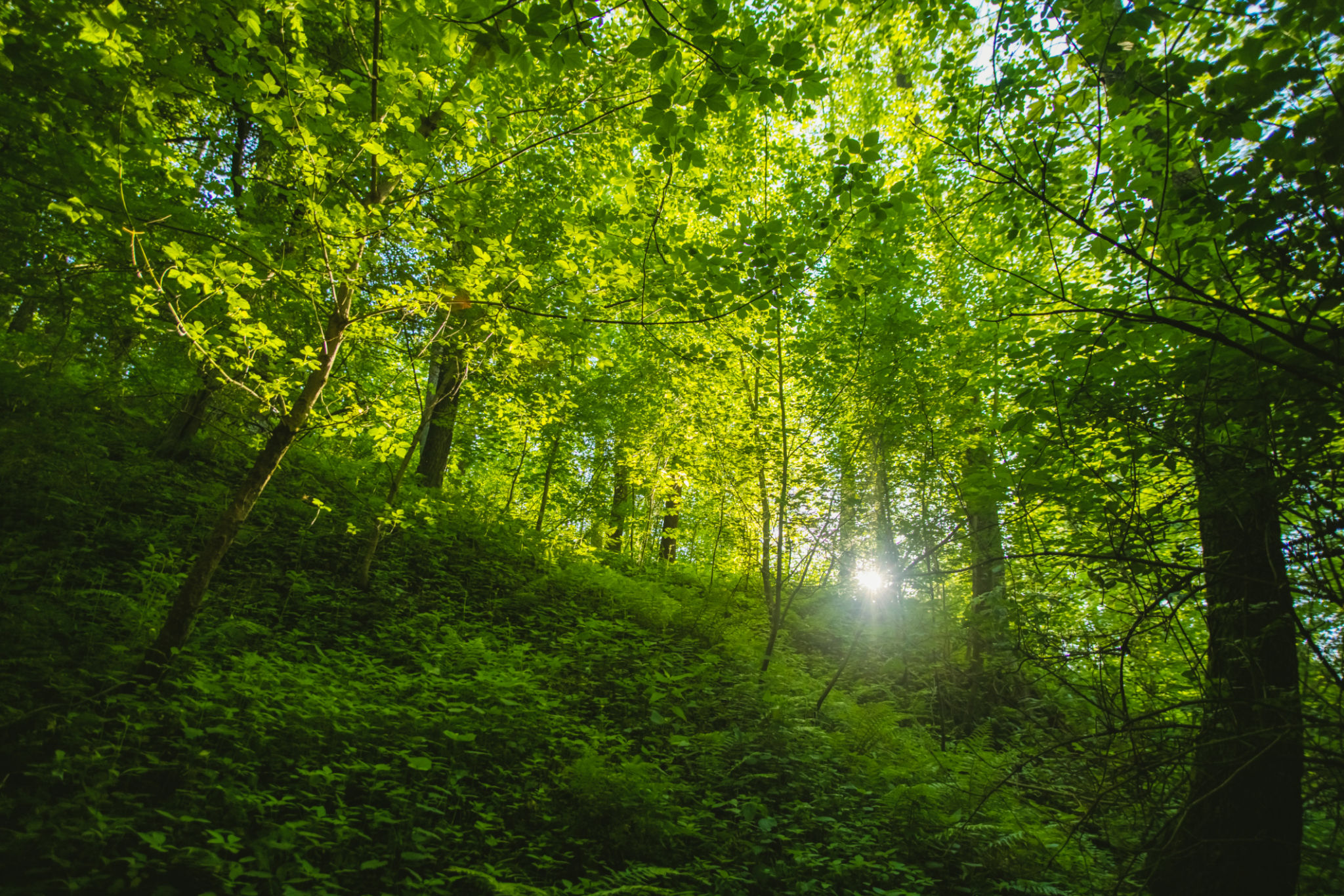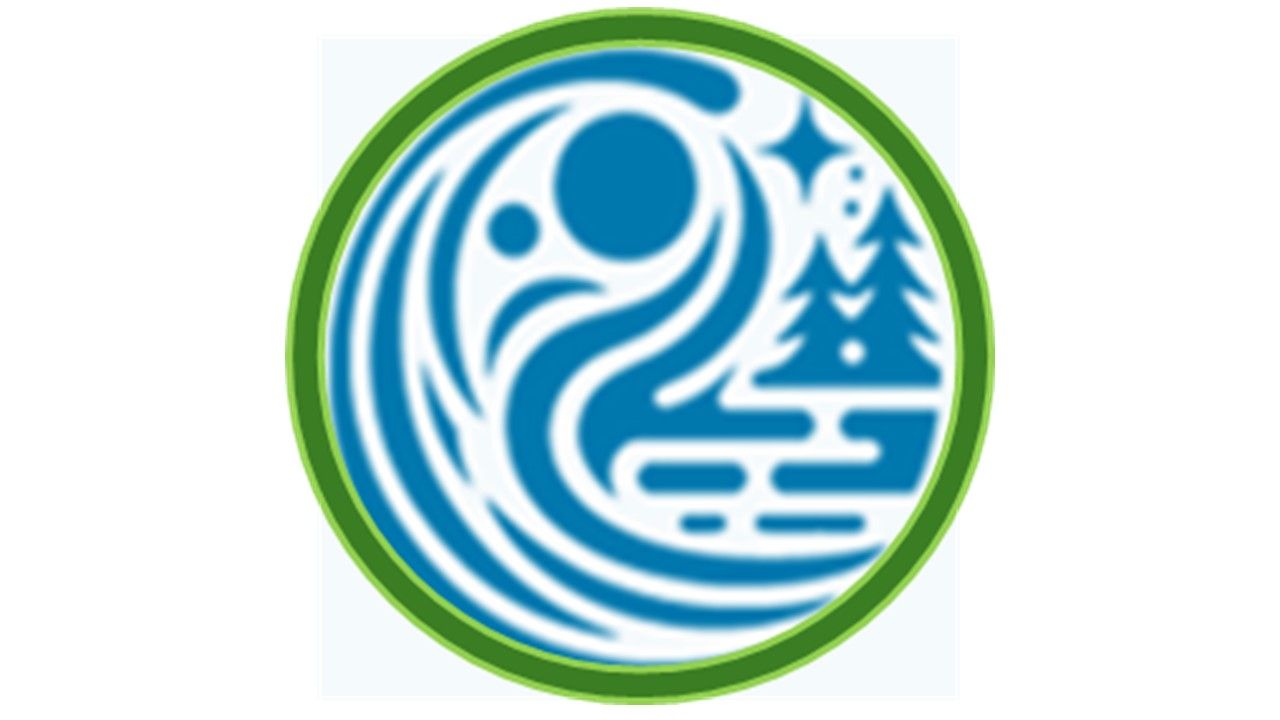The Impact of Environmental Changes on Indigenous Lands
Understanding Indigenous Lands
Indigenous lands hold immense cultural, spiritual, and ecological significance. These territories are not only home to a diverse range of flora and fauna but also to communities that have lived in harmony with nature for generations. However, the impact of environmental changes poses a significant threat to these lands and the ways of life of their inhabitants.
Environmental changes, driven by factors such as climate change, deforestation, and industrial activities, are altering the landscapes that Indigenous communities have depended on for centuries. The consequences are far-reaching, affecting biodiversity, cultural practices, and the very survival of these communities.

Climate Change and Its Effects
Climate change is one of the most pressing issues affecting Indigenous lands. Rising temperatures, changing precipitation patterns, and extreme weather events disrupt the delicate balance of ecosystems. For Indigenous peoples, who often rely on natural resources for sustenance and cultural practices, these changes can have devastating effects.
Many communities have reported shifts in animal migration patterns and plant growth, which impact traditional hunting, fishing, and gathering practices. Additionally, the increased frequency of natural disasters such as floods and wildfires threatens to displace communities and destroy sacred sites.
Adaptation and Resilience
Despite these challenges, Indigenous communities have demonstrated remarkable resilience and adaptability. Many are employing traditional knowledge alongside modern techniques to mitigate the impacts of climate change. This includes practices such as sustainable land management, water conservation, and community-led conservation efforts.

Deforestation and Land Degradation
Deforestation is another significant threat to Indigenous lands. Illegal logging, agricultural expansion, and mining activities often encroach on these territories, leading to habitat loss and environmental degradation. The destruction of forests not only affects biodiversity but also undermines the cultural and spiritual connection Indigenous peoples have with their land.
Indigenous activists worldwide are at the forefront of campaigns to protect forests and advocate for their rights. By asserting their land rights and promoting sustainable practices, they play a crucial role in preserving these vital ecosystems for future generations.
Collaborative Conservation Efforts
Collaborative efforts between Indigenous communities, governments, and environmental organizations are essential in addressing deforestation and land degradation. These partnerships can help enforce legal protections, promote sustainable development practices, and support Indigenous-led conservation initiatives.

Preserving Cultural Heritage
The impact of environmental changes extends beyond ecological concerns; it also threatens the cultural heritage of Indigenous peoples. As landscapes transform, many traditional practices, languages, and knowledge systems face the risk of being lost.
Efforts to preserve cultural heritage are vital in maintaining the identity and continuity of Indigenous communities. Initiatives such as cultural documentation, language revitalization programs, and the integration of traditional knowledge into educational curricula can help safeguard these rich cultural legacies.
The Role of Global Awareness
Raising global awareness about the challenges faced by Indigenous peoples is crucial in garnering support for their causes. International bodies and organizations can play a significant role by advocating for policies that protect Indigenous rights and promote environmental justice.
Through collective action and a commitment to sustainable development, we can support Indigenous communities in their fight against environmental changes, ensuring that their lands remain vibrant and thriving for generations to come.

